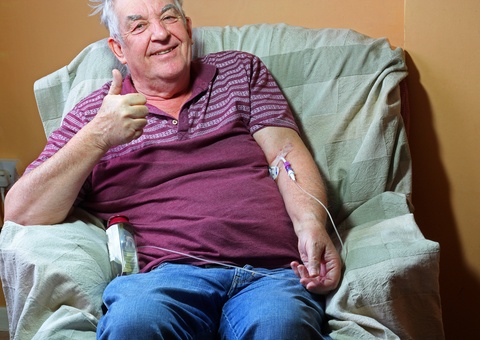Understanding Mesothelioma: Clues from Calretinin for Patients
Malignant mesothelioma is a tough cancer caused by asbestos. It’s hard to treat because it grows quickly and is tough to beat. A recent study took a close look at a protein called calretinin. Scientists wanted to see if it could help predict how long someone might live with this cancer and how well they might respond to treatment. A Possible Game-Changer in Mesothelioma Care The study looked at 265 patients with this mesothelioma. They checked how much calretinin was in their blood and looked at the genes linked to how calretinin works. Scientists used tests to measure calretinin and found differences in genes among patients. Then they checked if these things were connected to how long patients lived or…









